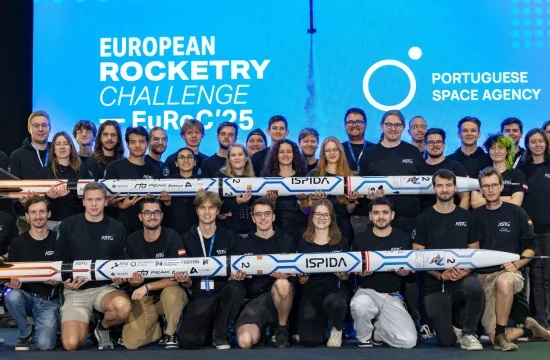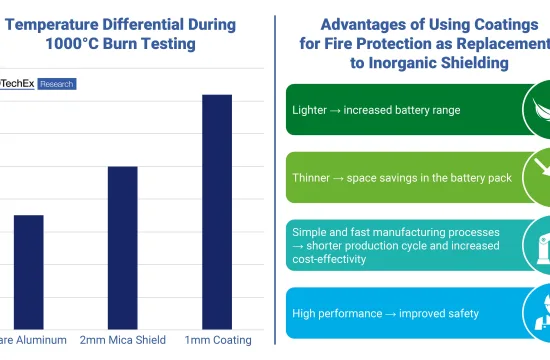Automation of manufacturing jobs adds to ‘undercurrent of misery’
 HOUSTON — With Donald Trump poised to become the Republican presidential nominee next week, Rice University artificial-intelligence expert Moshe Vardi is available to discuss how the widespread automation of U.S. manufacturing jobs has contributed to Trump’s popularity, and how continuing job automation is likely to spur greater political, economic and social changes in the next decade.
HOUSTON — With Donald Trump poised to become the Republican presidential nominee next week, Rice University artificial-intelligence expert Moshe Vardi is available to discuss how the widespread automation of U.S. manufacturing jobs has contributed to Trump’s popularity, and how continuing job automation is likely to spur greater political, economic and social changes in the next decade.
“Job losses due to automation and robotics are often overlooked in discussions about the unexpected rise of outside political candidates like Trump and Bernie Sanders,” said Vardi, Rice’s Karen Ostrum George Distinguished Service Professor of Computational Engineering and director of Rice’s Ken Kennedy Institute for Information Technology. “Manufacturing output in the U.S. today is at an all-time high despite the fact that manufacturing employment has fallen for more than 30 years and is currently around 1948 levels. U.S. factories are not disappearing; they simply aren’t employing human workers.
[pullquote]”Manufacturing output in the U.S. today is at an all-time high despite the fact that manufacturing employment has fallen for more than 30 years and is currently around 1948 levels.[/pullquote]
“While manufacturing is the most striking example, there is considerable evidence that automation is transforming other sectors of the labor market, and there’s increasing evidence that this leads to economic stratification, the decline of the middle class and the subsequent undercurrent of misery that is driving support for Trump,” Vardi said.
Vardi cited as evidence a number of polls and recent studies, including: a May Associated Press poll that found that two-thirds of U.S. households would struggle to raise $1,000 to cover an unexpected expense; a 2015 Princeton study that found an unexpected, marked increase of suicide and substance abuse among middle-aged U.S. whites since 1999, a trend that was even more pronounced among those with a high-school education or less; and a Washington Post analysis of Super Tuesday voting patterns that found the Trump campaign performed particularly well in working-class voting districts where white death rates were rising and where median incomes, overall employment and manufacturing jobs had all declined since 1999.
Vardi said more attention should be given to the economic, social and political consequences of substituting machines for human workers, and he is organizing an academic conference — the first in the U.S. — in December this year. Rice will host “Humans, Machines and the Future of Work,” the 10th De Lange Conference, Dec. 5-6.







